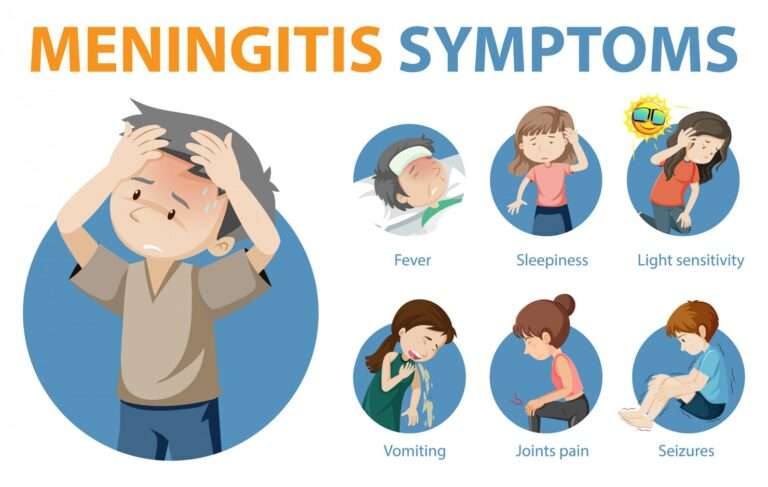Juvenile Huntington’s Disease (JHD)
Juvenile Huntington’s Disease (JHD) is a rare and particularly severe form of Huntington’s Disease that affects children and adolescents. It’s a progressive brain disorder caused by a genetic mutation. Here are key points about JHD:
- Genetic Cause: JHD is caused by a mutation in the HTT gene, which leads to abnormal expansion of the CAG repeat. This mutation affects the production of the huntingtin protein, causing brain cells to degenerate.
- Early Onset: Unlike the adult form of Huntington’s Disease, which typically manifests in midlife, JHD usually appears in childhood or adolescence. The disease progresses more rapidly in juvenile cases.
- Symptoms and Progression: JHD’s symptoms are similar to but can be more severe than those of adult-onset Huntington’s Disease. These include movement disorders (such as rigidity, bradykinesia, and dystonia), cognitive decline, and psychiatric symptoms. Seizures are more common in JHD than in adult-onset cases.
- Cognitive and Behavioral Changes: Children with JHD often experience a decline in school performance, changes in handwriting, and behavioral issues. They may also show signs of mood swings, depression, or withdrawal.
- Physical Decline: As the disease progresses, children may lose the ability to walk, talk, and swallow. They require increasing levels of care as their motor functions decline.
- Diagnosis: JHD is diagnosed through a combination of clinical evaluation and genetic testing to confirm the presence of the HTT gene mutation.
- Treatment and Management: There is currently no cure for JHD, and treatment focuses on managing symptoms and providing supportive care. This can include medications for movement disorders and psychiatric symptoms, physical therapy, occupational therapy, and speech therapy.
- Family Impact and Genetic Counseling: Given its genetic nature, JHD can have a significant impact on families. Genetic counseling is recommended for family members, especially for parents considering having more children.
- Supportive Care and Quality of Life: As JHD progresses, supportive care becomes crucial. This includes assistance with daily activities, nutritional support, and measures to ensure patient comfort.
- Prognosis: The prognosis for JHD is poor, with most individuals experiencing a rapid progression of the disease. Life expectancy varies, but the disease is typically fatal within 10 to 15 years after symptoms begin.
- Research and Clinical Trials: Ongoing research aims to find better treatments and potentially a cure for Huntington’s Disease. Families may explore options for participating in clinical trials.
Managing JHD requires a multidisciplinary approach to address the wide range of symptoms and challenges, with a focus on maximizing the quality of life and providing comprehensive support for both the child and the family.
------------From our Sponsors------------









